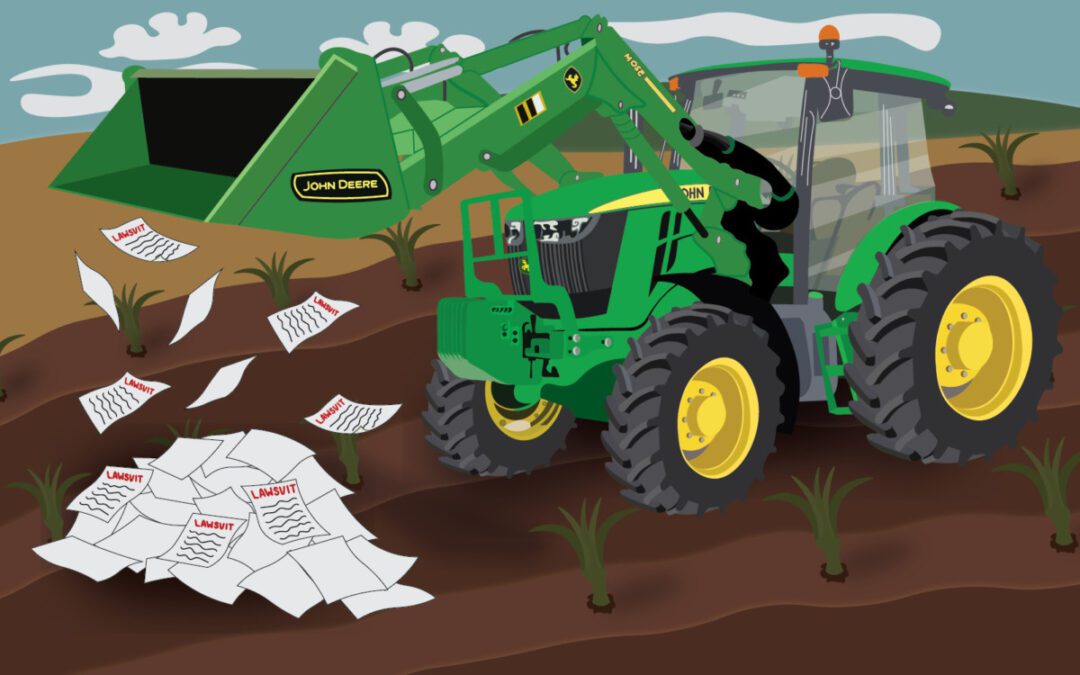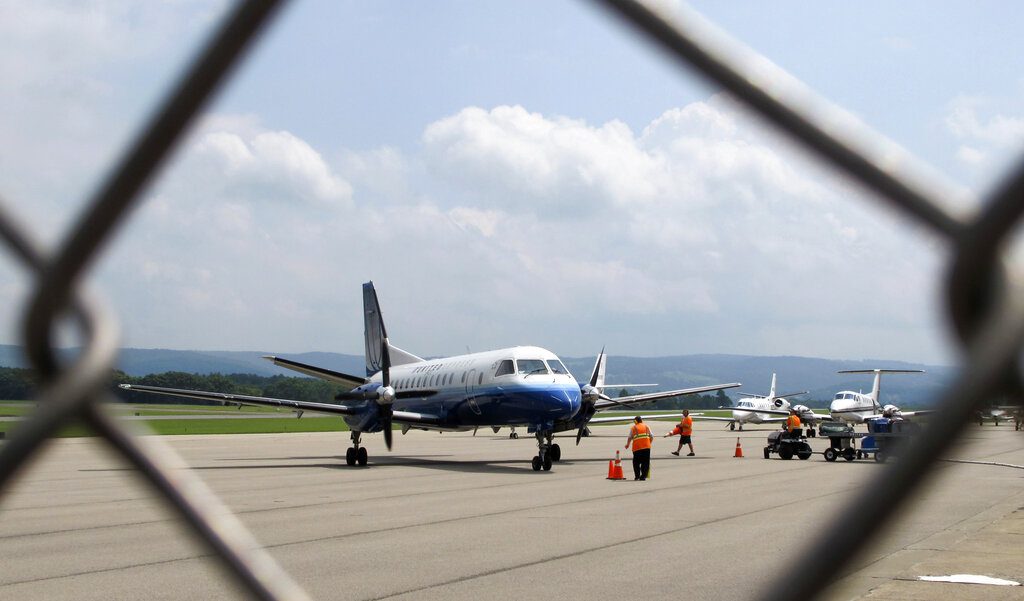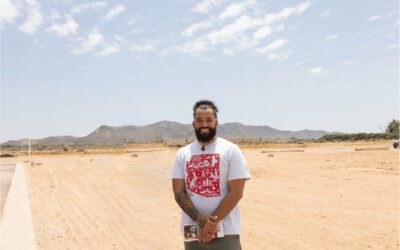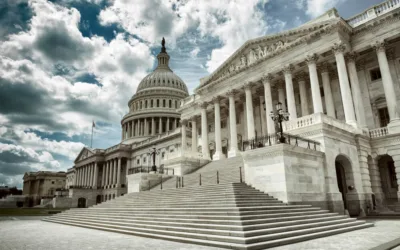
In July of 2019 the Museum Fire of Northern Arizona burned 1,961 acres of Ponderosa pine and mixed conifer forest. This was caused by a forest-thinning project which was originally undertaken to help prevent devastating wildfires. The fire was started from a piece of heavy equipment striking a rock and sparking the blaze. Nearby neighborhoods were forced to evacuate. According to the National Forest Service, the fire cost $9 million before it was brought under control. This section of burned trees was photographed from the Sunset Trail in the Coconino National Forest near Flagstaff, Arizona, USA.
While the devastating wildfires in California earlier this year made national headlines, it is important to remember that Arizona is just as vulnerable. In 2024 alone, more than 2,000 wildfires burned nearly 300,000 acres in rural Arizona. Officials estimate that two-thirds of these fires were human-caused.
While many wildfires are attributed to everyday activities such as unattended campfires, discarded cigarettes, or target shooting, officials blame recent massive fires in California and Hawaii on neglected utility infrastructure. While Arizona has not yet seen cases linked to utility infrastructure, the risk is real. Nationwide, about 19% of wildfires are caused by the failure of ill-maintained electrical lines or other utility infrastructure. Given that wildfires are becoming more frequent and destructive, it seems that our leaders should be doing more to prevent these kinds of failures.
So why has the legislature made protecting multi-billion-dollar corporations from liability for wildfires a priority?
House Bill 2201 raises the legal standard so high that it would be nearly impossible to hold a utility company accountable in court, even if their negligence contributed to a fire. Supporters of the bill portray utilities as public-minded charities simply trying to serve their communities, and argue they shouldn’t have to worry about being held accountable for negligence.
In reality, these are huge publicly traded corporations that make billions in profits while operating in multiple states. Proponents also claim that the costs of potential lawsuits would be passed on to rate-payers. Historically, the Arizona Corporation Commission worked to ensure that such costs would be borne by shareholders, not passed onto consumers. Therefore, if rates rise, the blame lies with state regulators, not the families who have lost their homes to fires caused by utility negligence.
House Bill 2201 is also unconstitutional. The framers of the Arizona Constitution lived in a world where railroads and mining companies acted with impunity, putting shareholder profits ahead of the health and safety of regular Arizonans. The framers included protections in the Constitution to ensure citizens could hold powerful corporations accountable for the harm they cause.
Moreover, the rush to protect giants like APS, or rather, its shareholders, from their accountability is baffling, especially as Arizona is in the midst of a long-term drought and worsening fire conditions. In Bisbee and other rural towns, wildfires already threatened homes and businesses, while rising risks have driven up property insurance costs, if one can even get coverage at all. At a time when communities should be working together to deal with the
potential threat of wildfire, removing liability from anyone, especially such major corporate actors, only undermines public safety.
Arizona can’t afford policies that prioritize corporate interests over community safety. We deserve accountability for those with the power to prevent such disasters from happening in the first place.

Arizona AG Kris Mayes joins lawsuit against John Deere amid fight for farmers’ right to repair
PHOENIX – Arizona Attorney General Kris Mayes, the Federal Trade Commission and other state attorneys general say John Deere’s repair methods are...

Gwen Frisbie-Fulton: ‘The people closest to the problem are often the ones who can find the solution’
About two years ago, tents started to show up in my neighborhood along the creek beds and in small stands of trees. Most only became visible when...

Opinion: Rural communities deserve an administration that will invest in and fight for us
Over the past four years, rural communities across the country have seen renewed investments and growth through landmark legislation passed by the...

Project 2025 would make flying more expensive and less convenient for rural and small-town Arizonans
Experts have warned that ending the Essential Air Service program, as Project 2025 sets out to do — and as Donald Trump tried to do during his first...




